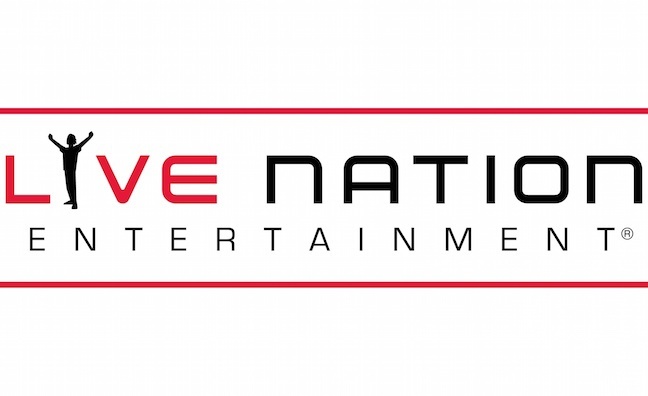Reports circulating in the Italian media suggest the country’s government could be moving to ban secondary ticketing.
The stories began to emerge on Friday (November 11) after Italian singer Vasco Rossi posted a statement that said he was cutting ties with Live Nation following the revelation by the company’s Italian MD Roberto de Luca that it had placed tickets directly onto the secondary market for shows it had promoted.
De Luca appeared on the country’s primetime TV show Le Iene and, during an interview with reporter Matteo Viviani, admitted that Live Nation had a direct relationship with secondary ticketing platforms that involves certain companies receiving an amount of tickets from Live Nation specifically to be sold at an inflated price.
Aired on Tuesday, the interview contained the following exchange.
Viviani stated that the show had tracked the journey of a ticket as its price increased from €50 to €1,050, using testimony from an employee of one of the companies and various documents, invoices and contracts obtained via an anonymous source.
After initially denying the allegations, de Luca admitted the practice, stating, “I want to be clear that, to your question if Live Nation issued tickets on secondary sites and I answered no… in fact we issue some tickets, a very limited number of tickets on other sites, in this case Viagogo. But I must make clear that Live Nation sells around 2 million tickets every year and the tickets that we issue on the secondary sites are equal to 0.20% of our tickets sales. We are not talking about tens of thousands of tickets, but hundreds of tickets for a concert.”
Subsequently, a statement signed by Rossi’s representatives Giamaica was posted on the singer’s official website and Facebook page.
It translates as: “After hearing from the television programme ‘Le Iene’ about the possible involvement of Live Nation in the re-selling of secondary tickets for concerts in Italy, Giamaica management wishes to let it be known that we have currently suspended all commercial dealings with Live Nation and we reserve the right to take legal action as we have no connection whatever with what has emerged from the journalists’ programme. Giamaica believes that the highly speculative activity of secondary ticketing has long been recognised as harmful not only to the public but also to the artists who, unbeknownst to them and against their wishes, find themselves involved by mistake.”
After the broadcast, Italian consumer body Codacons submitted a complaint to the public prosecutor of Milan against Live Nation Italy. Codacons president Marco Maria Donzelli said, “This is a necessary step to start up investigations concerning Live Nation… And if this gets to a court case, all those who have bought tickets for concerts on secondary ticket sites and at inflated prices will be able to seek action to be compensated for the damages they have suffered.”
Then, on Friday the government released a statement presenting an amendment to its budget law to stand against secondary ticketing. Minister of culture and tourism, Dario Franceschini called it an “intolerable phenomenon and the facts of the last few days demonstrate that voluntary regulation is not enough and that legislation is necessary.” The new law would forbid the activity of selling on tickets by persons other than concert organisers or those authorised to create automatic ticket offices. Possible sanctions would include fines of between €30,00-180,000 and the closure of offending sites.
Assomusica, the association of Italian promoters, has pledged its support to Franceschini’s proposal. The group’s president Vincenzo Spera, said, “I acknowledge with great satisfaction that this afternoon Minister Franceschini announced that he will submit an amendment to the budget law to limit and counter the phenomenon of online ticket touting, or secondary ticketing." Last month, Assomusica, which represents more than 100 promoters and accounts for 80% of the country’s live shows, announced its opposition to secondary ticketing and called for government action.
When contacted by Music Week, Live Nation Italy responded with the following statement: "Live Nation Italy would like to make it clear that the allegations in Il Iene relate to a small number of tickets for a handful of international artists. Live Nation Italy has never been asked to list any tickets on secondary markets by Italian artists."











